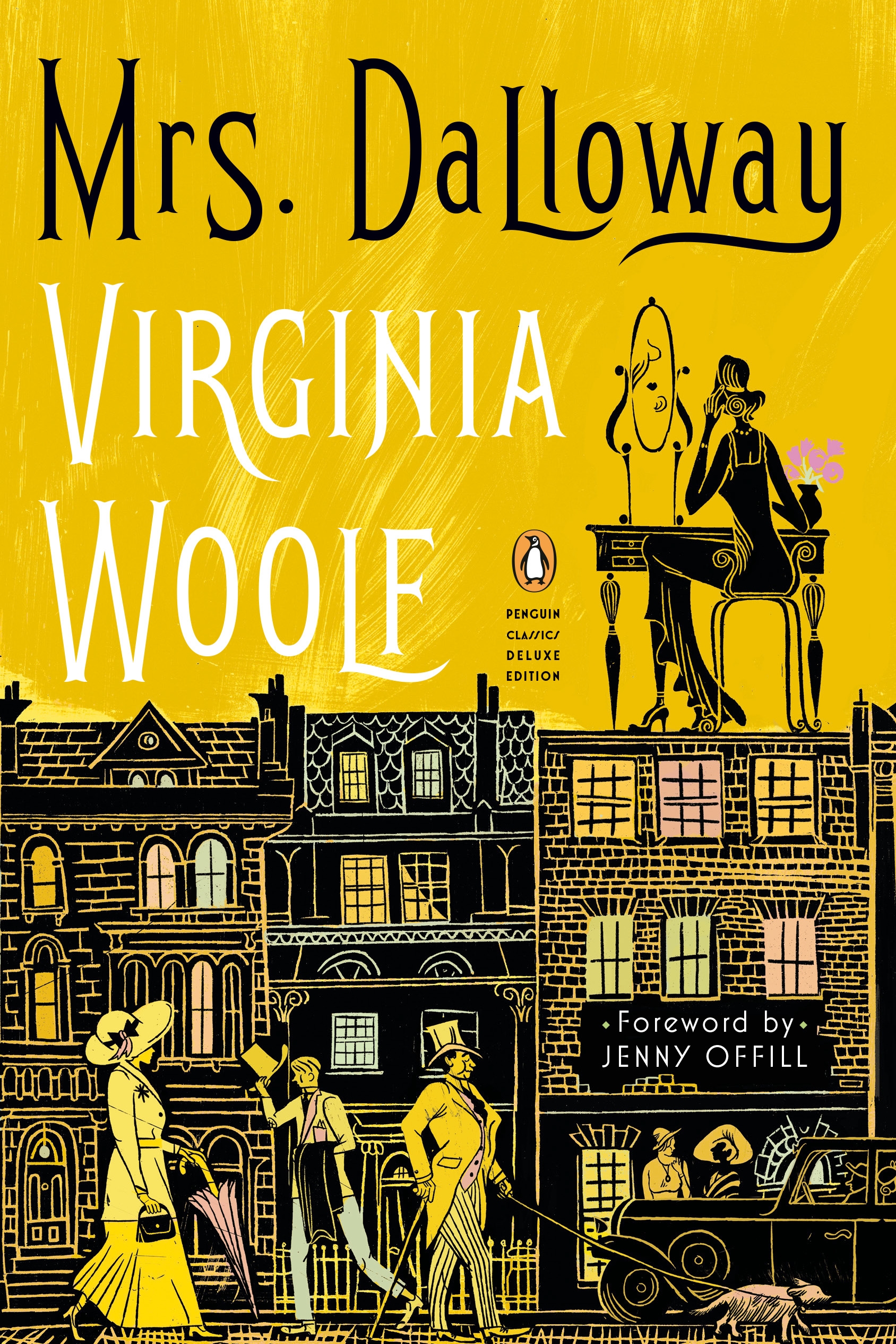"Mrs. Dalloway" by Virginia Woolf is a classic novel that follows a day in the life of the titular character, Clarissa Dalloway, as she prepares to host a party in post-World War I London. The novel explores themes of memory, identity, and the passage of time through the perspectives of various characters.
Woolf's stream-of-consciousness style of writing allows readers to delve deep into the minds of the characters, experiencing their thoughts and emotions in a vivid and intimate way. The novel's structure, with its shifting points of view and nonlinear narrative, adds to the complexity and depth of the story.
One of the most striking aspects of "Mrs. Dalloway" is Woolf's exploration of the inner lives of her characters, particularly Clarissa Dalloway and Septimus Warren Smith, a shell-shocked war veteran. Through their experiences, Woolf sheds light on the impact of war, trauma, and societal expectations on individuals.
Overall, "Mrs. Dalloway" is a beautifully written and thought-provoking novel that offers a poignant reflection on life, love, and the human experience. Woolf's masterful storytelling and lyrical prose make this a timeless work of literature that continues to resonate with readers today.

